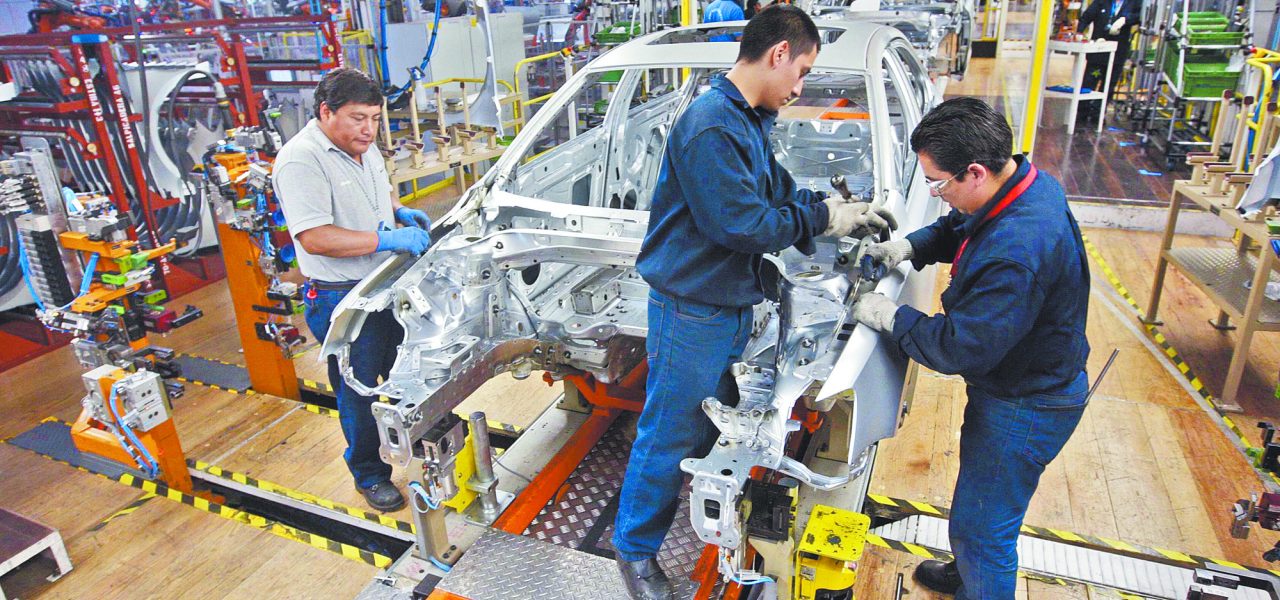Factors such as the imposition of tariffs in the automotive industry and uncertainty have caused a reduction in the number of work shifts in this sector, which raises the possibility of collective suspensions of labor relationships, which will not be attributable to the employer but to “force majeure”, labor specialists agree.
For example, on April 3 of this year, the Volkswagen Independent Union of Workers (SITIAVW) informed workers that there would be overtime in the first and second shifts of the assembler, programmed for Saturday April 5, for the recovery of units in Taos segment III.
However, the following day, the same National Executive Committee of the SITIAVW issued a second communication announcing that the overtime for the two mentioned shifts destined to the Taos segment III would be canceled.
“We ask for your understanding, as these are circumstances beyond the control of the parties, we will keep you posted on any developments in this matter”, they informed the workers of the Puebla assembler.
It is worth noting that, according to recent export reports presented by the Inegi [National Institute of Statistics and Geography], Volkswagen had a 33.9% drop in comparison with the first quarter of 2024, when a total of 51,859 units were exported to the United States.
In this regard, Oscar de la Vega, a labor specialist at D&M Abogados, stated that “the matter of tariffs certainly disincentivizes consumption and, therefore, demand, mainly in production chains. There is a great deal of uncertainty and a reduction in production, which will generate collective suspensions of labor relationships and, eventually, collective terminations, this being the result of “force majeure” which will justify the applicability of collective disputes of an economic nature.”
Meanwhile, Luis Manuel Guaida, Senior Partner and Director at Guaida, Moran y Asociados, said that “companies, and the area of human capital management in particular, must focus on understanding the magnitude of the changes that will affect each business activity and act in a preventive and timely manner in order to adapt.”
He added that, while there are no universal solutions, “the regrettable reduction of personnel cannot be considered as the only answer; in fact, it can have negative effects in the mid-term. The new challenges demand innovative and creative solutions.”
The complex situation is also being experienced in Coahuila, where job positions have already been cut.
“Southeastern Coahuila is the largest automotive cluster in the country. Four of every ten vehicles that are found on the roads are assembled in this region”, said the union leader of the CTM [Confederation of Mexican Workers], Tereso Medina, who added that “when one company starts cutting jobs, others follow.” Above all, he added, because the automotive industry is affected, but so are the steel and aluminum industries.
In addition to the positions that were eliminated at the start of the year in General Motors, more than 300 positions were cut at Trinity Industries, where more than 300 jobs were eliminated.



